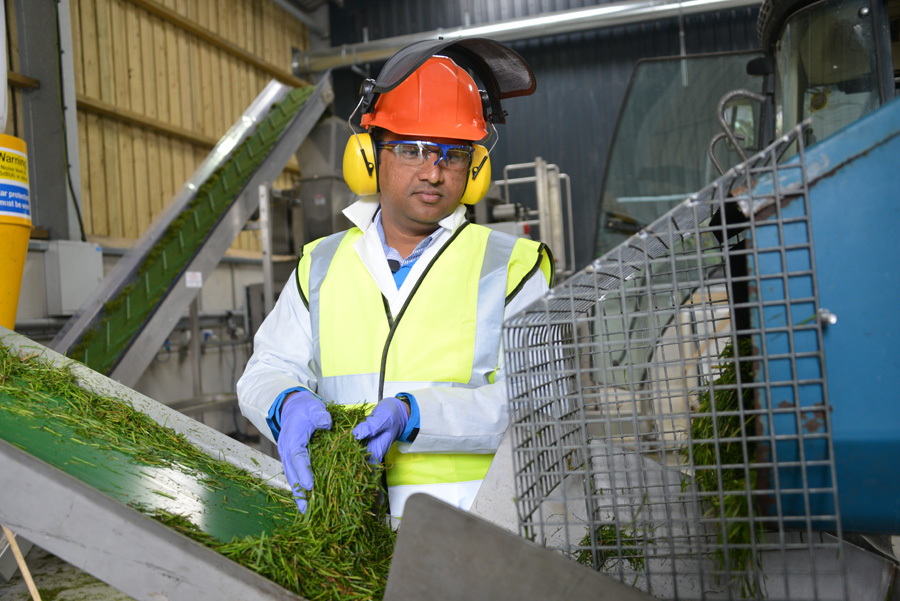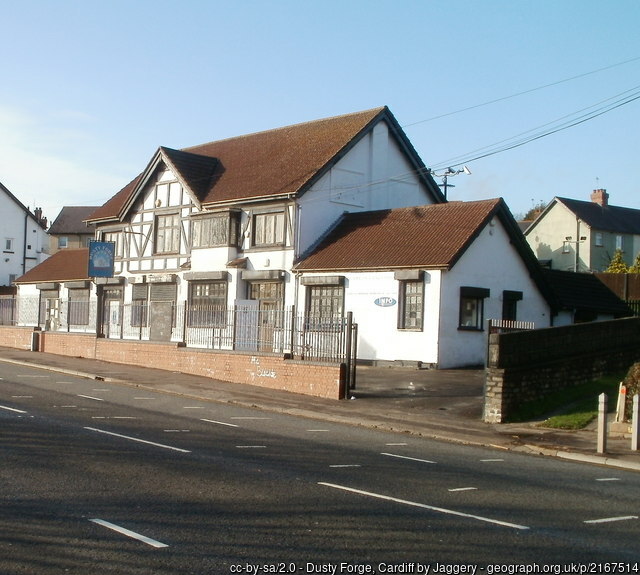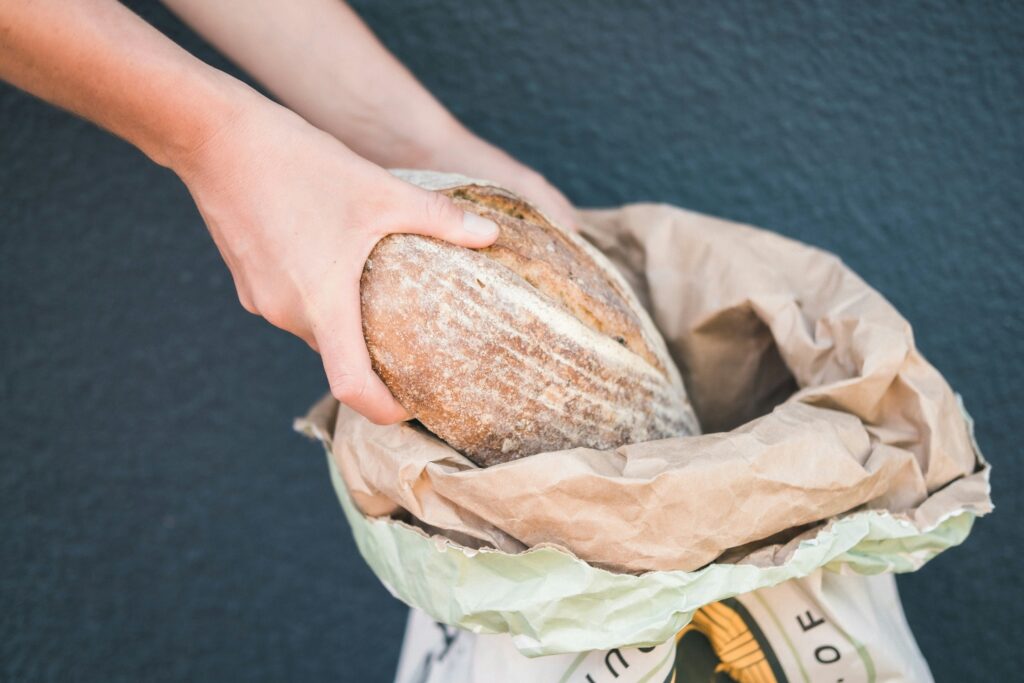Dr Judith Thornton argues that technological advancement and the green agenda can pave the way for a new agricultural vision.
The UK has a legally binding commitment to reach net zero carbon emissions by 2050, and as part of this the Welsh Government must set 5 yearly carbon budgets.
Thanks to renewable resources such as wind and solar, our electricity sector is well on the way towards meeting these targets, but the situation is not as positive across the board; even leaving aside heavy industry, sectors such as home heating, transport, agriculture and manufacturing are proving hard to decarbonise.
Welsh agriculture is also going to have to deal with wider challenges; the uncertainty surrounding the likely balance of imports and exports, a re-prioritising of the subsidy regime towards environmental services and the trend towards lower meat diets are all putting enormous stress on farmers.
Rural Wales faces enormous cultural challenges too. Proponents of rewilding are accused of being eco-colonialists, and there is concern that the emphasis in local development plans on digital connectivity and transport links will simply serve to accelerate the exodus from cities as ‘country life’ becomes a realisable dream.
Holiday home ownership increases, local people are priced out of the housing market, there is a lack of new jobs for young people and the erosion of culture and the Welsh language accelerates.
It’s a familiar and depressing story. However, with the call from many quarters to ‘build back greener’ as part of the recovery from the COVID-19 pandemic, there is an urgent need for a new rural vision.
“We can extract nutrient-rich juice from grass and feed it to microbes that will produce the chemical building blocks required to make plastic.”
What might we want our rural Welsh communities to look like in 2050, and how do we get there?
A concept that is growing traction across the EU is that of the bioeconomy.
At its simplest, a bioeconomy recognises the existence of environmental limits; the idea that we cannot extract resources from the environment faster than they can be replenished, and neither can we exceed the capacity of the environment to assimilate our outputs. We and our economy are part of the ecosystem.
Respecting environmental limits will mean that in the net zero society of 2050, we will be making minimal use of fossil fuels for transport, heating and production of ‘stuff’, which begs the question, what will we be using instead?
The technological heart of the bioeconomy is bio-refining – the processing of biological materials into multiple end products.
A bio-refinery is simply a processing facility that takes biological material (mostly plants) and uses physical, chemical and biological methods to firstly separate out the components of interest, and then make the products that we need.
For example, we can extract nutrient-rich juice from grass and feed it to microbes that will produce the chemical building blocks required to make plastic. Different starting materials and processes can be used to make fibres, pharmaceuticals and food additives.
The crucial element of the bioeconomy from the perspective of rural Wales is its intrinsic dependency on agriculture as the source of raw materials. Manufacturing will – by necessity – use plants and other natural resources as its starting point.
This puts farmers and diversified rural economies in a pivotal position; in the same way that coal fuelled growth during the Industrial Revolution, the natural resources of rural areas will be the drivers for the future bioeconomy.
Discussions and debates that drive Wales forward.
Join Wales’ leading independent think tank.
Grass will no longer simply be grazed by livestock but will be destined for the plastic industry, farmers will produce fibre crops for biocomposite manufacture, and niche markets will develop for growing speciality crops from which pharmaceutical compounds are extracted.
The idea of environmental limits and being part of the ecosystem means we also need to think beyond climate change; the bioeconomy recognises the multitude of ways in which we are dependent on the environment, and therefore the idea that we are reliant on farmers for much more than food.
The Government’s ambitions for carbon sequestration will require significant land areas, whether it’s for the growth of bioenergy crops or to capitalise on the enormous carbon storage potential provided by well managed peat soils.
Our dependence on biodiversity is increasingly recognised, whether it be species rich grassland, upland heather, or native woodland.
Similarly, changing weather patterns make it all the more important that our approach to land use takes into account the potential impacts that it has on river flows; it may soon be the case that managing flows high up in a river catchment is a more cost effective way of preventing flooding in towns than any intervention in the town itself.
“We are yet to see commercial scale facilities in Wales that will take us to the point where we can build supply chains locally and provide security for farmers wishing to supply these markets.”
In some ways the bioeconomy vision for Wales is still in its infancy. Much of the scientific focus to date has been on individual products, how they are produced from biological materials and how they can be composted or digested at ‘end of life’.
However, thanks to Welsh Government investment we have small scale facilities that allow the concepts to be tested and refined for a range of potential end products.
We still lack the detailed quantification of how fundamental environmental limits impact on the bioeconomy. Just how much ‘stuff’ do we have resources to make? What tools and processes are needed to measure progress?
Crucially, in terms of investment, we are yet to see commercial scale facilities in Wales that will take us to the point where we can build supply chains locally, provide security for farmers wishing to supply these markets, retain value in local economies, and harness the potential of the bioeconomy to generate jobs.
If we are to ‘build back better and greener’ after COVID-19 we urgently need to decide what we want this to look like.
If a bioeconomy allows us to combat climate change, respect environmental limits and generate income in rural communities, what’s not to like?
All articles published on the welsh agenda are subject to IWA’s disclaimer.





